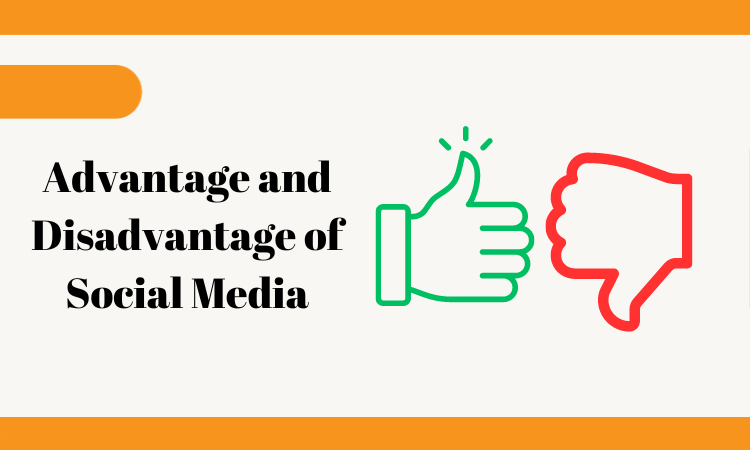Table of Contents
ToggleIntroduction
In the era of digital connectivity, social media has emerged as a transformative force, reshaping the way we communicate, share information, and interact with the world. This article explores the nuanced landscape of social media, examining both its advantages and disadvantages.
A. Definition of Social Media
Social media refers to online platforms and technologies that enable individuals and communities to share, create, and exchange information, ideas, and multimedia content. It encompasses a wide range of websites and applications designed for social interaction.
B. Pervasiveness of Social Media in Society
In contemporary society, the influence of social media is ubiquitous. People worldwide use platforms such as Facebook, Twitter, Instagram, and LinkedIn to connect, share experiences, and engage with content. The impact of social media on communication, information dissemination, and networking is profound.
Advantages of Social Media
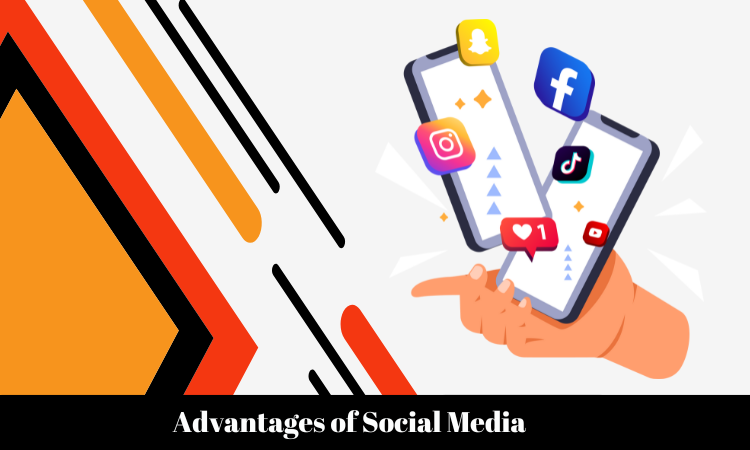
A. Connectivity and Communication
1. Global Reach
Social media breaks down geographical barriers, allowing individuals to connect with others globally. This unprecedented reach facilitates cross-cultural communication, fostering a sense of global interconnectedness.
2. Instant Messaging and Communication
The real-time nature of social media platforms enables instant communication. Whether through direct messaging or public posts, individuals can share thoughts, updates, and messages with unparalleled speed.
B. Information and Awareness
1. News and Updates
Social media serves as a rapid news dissemination channel, keeping users informed about current events in real time. This instant access to news is crucial for staying updated on global affairs.
2. Educational Resources
Educational content is readily available on social media platforms. From informative articles to online courses, users can access a wealth of educational resources, promoting continuous learning.
C. Networking and Professional Opportunities
1. Job Searches and Recruitment
Social media platforms like LinkedIn play a pivotal role in professional networking and job searches. Job seekers can connect with recruiters, and employers can find suitable candidates efficiently.
2. Business Networking
For businesses, social media offers a powerful tool for networking and building relationships with clients, partners, and other industry professionals. It provides a platform for brand promotion and customer engagement.
Disadvantages of Social Media
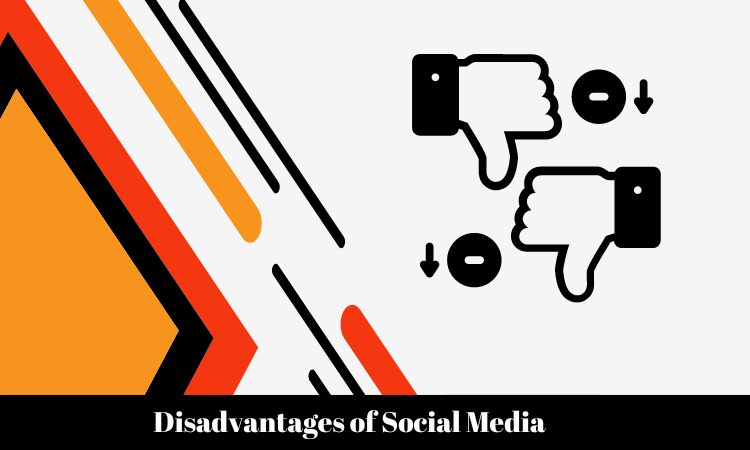
A. Privacy Concerns
1. Data Security Issues
Social media platforms are vulnerable to data breaches, leading to potential privacy violations. Users’ personal information may be at risk, raising concerns about the security of online data.
2. Personal Information Exposure
Individuals may unknowingly expose sensitive personal information on social media, increasing the risk of identity theft and other forms of exploitation.
B. Addiction and Mental Health
1. Social Media Addiction
Excessive use of social media can contribute to addiction, negatively impacting individuals’ daily lives. The constant need for online validation may lead to addictive behaviours.
2. Impact on Mental Well-being
Studies suggest a correlation between heavy social media use and mental health issues such as anxiety and depression. Comparisons, cyberbullying, and the pressure for online perfection can contribute to mental health challenges.
C. Spread of Misinformation
1. Fake News and Rumors
The rapid spread of fake news on social media poses a significant threat to public discourse. False information can easily go viral, influencing opinions and behaviours.
2. Filter Bubbles and Echo Chambers
Social media algorithms may create filter bubbles, limiting users’ exposure to diverse perspectives. This can lead to the reinforcement of existing beliefs and the formation of echo chambers.
In conclusion, while social media offers numerous advantages, it is essential to navigate its landscape with caution. Understanding the potential pitfalls allows users to make informed choices, harnessing the benefits of social media while mitigating its drawbacks.
Social Media and Relationships
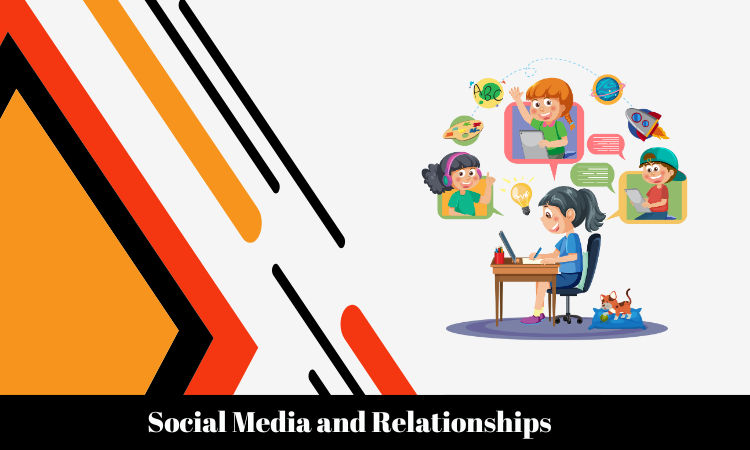
A. Impact on Personal Relationships
1. Family Dynamics
Social media has both positive and negative effects on family dynamics. On the positive side, it allows family members to stay connected, share updates, and celebrate milestones, regardless of geographical distances. However, the constant exposure to each other’s online lives can also lead to misunderstandings and privacy concerns.
2. Friendships
Social media platforms offer a convenient way to maintain and strengthen friendships. Users can easily stay in touch, share experiences, and engage in conversations. On the flip side, the digital nature of these interactions may lack the depth and nuance of face-to-face communication, potentially impacting the quality of friendships.
B. Cyberbullying and Online Harassment
1. Negative Social Interactions
The anonymity provided by social media can lead to negative social interactions, including cyberbullying and online harassment. Individuals may face criticism, bullying, or even threats, affecting their mental well-being and relationships.
2. Strategies for Prevention and Intervention
To address cyberbullying and online harassment, proactive strategies are essential. Social media platforms, parents, and educators play a crucial role in implementing preventive measures and intervening when negative interactions occur. Education and awareness campaigns are also effective tools in fostering a safer online environment.
Business and Marketing on Social Media
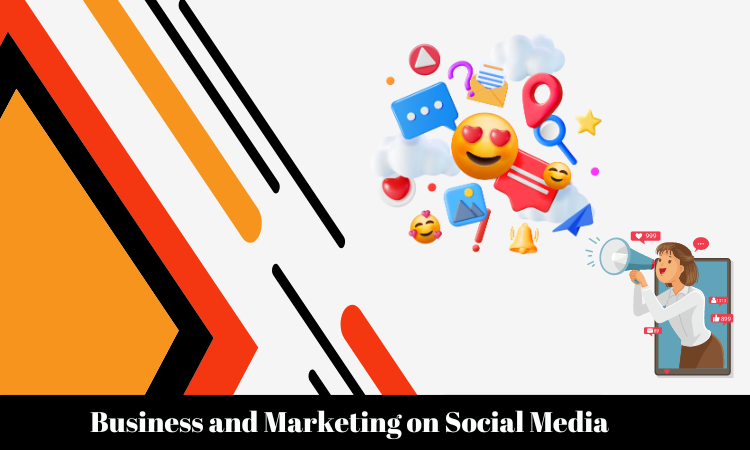
A. Opportunities for Businesses
1. Marketing and Branding
Social media provides businesses with unprecedented opportunities for marketing and branding. Through targeted campaigns, businesses can reach a vast audience, increase brand visibility, and engage with potential customers in innovative ways.
2. Customer Engagement
Businesses can leverage social media to engage directly with their customers. Through feedback, comments, and messages, companies can gain valuable insights, build customer loyalty, and enhance their products or services.
B. Challenges for Businesses
1. Negative Publicity
The viral nature of social media means that negative publicity can spread rapidly. A single incident or negative customer experience can escalate quickly, potentially harming a company’s reputation.
2. Managing Online Reputation
Effectively managing online reputation is crucial for businesses. Social media monitoring tools, prompt responses to customer feedback, and transparent communication are essential components of maintaining a positive online image.
In conclusion, social media’s impact on relationships and business is multifaceted. While it enhances connectivity and provides businesses with unprecedented opportunities, careful navigation and awareness of potential challenges are essential for individuals and companies alike. By understanding the advantages and disadvantages, users can make informed decisions about their online presence and engagement.
Regulation and Ethical Considerations
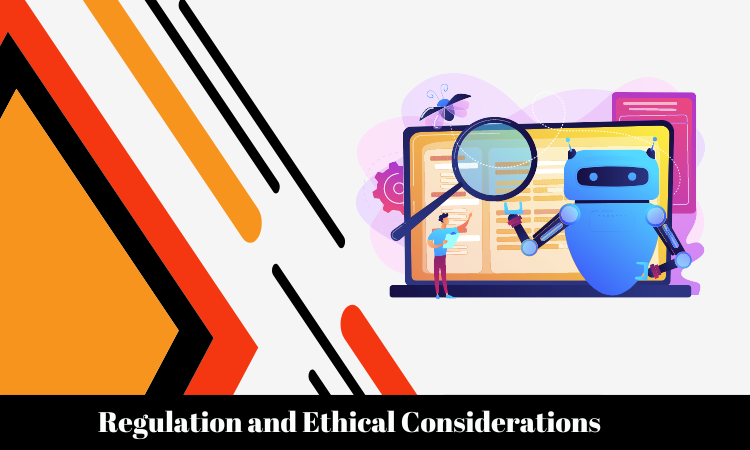
A. Government Regulation
1. Privacy Laws
As social media platforms handle vast amounts of personal data, governments worldwide have implemented privacy laws to protect users. Regulations such as the General Data Protection Regulation (GDPR) in Europe aim to safeguard individuals’ privacy rights, giving users more control over their personal information.
2. Content Moderation
Governments also play a role in regulating the content disseminated on social media. Policies addressing hate speech, misinformation, and explicit content vary globally. Social media platforms are increasingly pressured to implement robust content moderation mechanisms to ensure a safe and responsible online environment.
B. Ethical Use of Social Media
1. Responsible Sharing
Ethical considerations in social media use extend to individual behaviour. Responsible sharing involves thoughtful consideration before posting content, respecting the privacy of others, and avoiding the dissemination of false information. Users have a role in maintaining a positive and trustworthy online community.
2. Cyber Ethics
Cyber ethics involves navigating the digital realm with integrity and responsibility. This encompasses respectful online behaviour, adherence to laws and regulations, and the promotion of positive digital citizenship. Understanding the consequences of one’s actions in the online space is crucial for fostering a healthy and ethical digital culture.
Conclusion
A. Summary of Key Points
Social media, with its advantages and disadvantages, is a dynamic force that has become deeply ingrained in modern society. Challenges like privacy concerns, cyberbullying, and the spread of false information balance out the benefits, which include global connectivity, instant communication, and business opportunities.
B. Balancing the Pros and Cons of Social Media
As we navigate the digital landscape, it’s essential to strike a balance between reaping the benefits of social media and mitigating its potential drawbacks. Government regulations and ethical considerations provide a framework for responsible use, emphasizing the need for users, businesses, and platforms to collaborate in creating a positive and secure online environment.
In conclusion, social media’s impact is far-reaching, influencing relationships, businesses, and societal norms. By understanding and addressing the regulatory and ethical dimensions, we can foster a digital culture that harnesses the positive aspects of social media while mitigating its challenges.
FAQs (Frequently Asked Questions)
How can individuals protect their privacy on social media?
Individuals can safeguard their privacy by regularly reviewing and adjusting privacy settings, avoiding oversharing personal information, and being cautious about accepting friend requests or followers from unknown entities.
What are the signs of social media addiction, and how can it be addressed?
Signs of social media addiction include spending excessive time online, neglecting real-life responsibilities, and experiencing anxiety when not using social media. Addressing addiction involves setting usage limits, taking breaks, and seeking professional support if needed.
How can businesses effectively manage their online reputation on social media?
Businesses can manage their online reputation by actively monitoring social media mentions, responding promptly to customer feedback, and transparently addressing any issues. Proactive engagement and the consistent delivery of quality products or services contribute to a positive online image.
What role do governments play in regulating social media?
Governments regulate social media through privacy laws and content moderation policies. These regulations aim to protect user data, curb the spread of harmful content, and ensure a safe online environment.
How can users contribute to a positive online community?
Users can contribute to a positive online community by practising responsible sharing, promoting respectful interactions, and being critical consumers of information. Reporting inappropriate content and supporting anti-cyberbullying initiatives also play vital roles.
In conclusion, the advantages and disadvantages of social media underscore its transformative influence on society. By fostering responsible use, ethical engagement, and a balanced approach to its myriad facets, we can harness the positive aspects of social media while mitigating its challenges.

